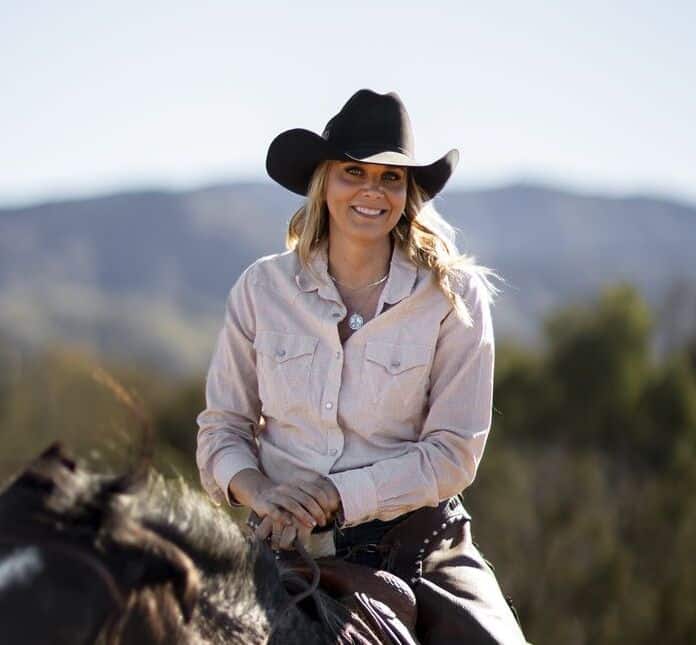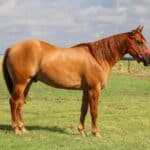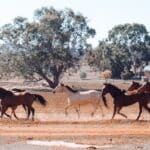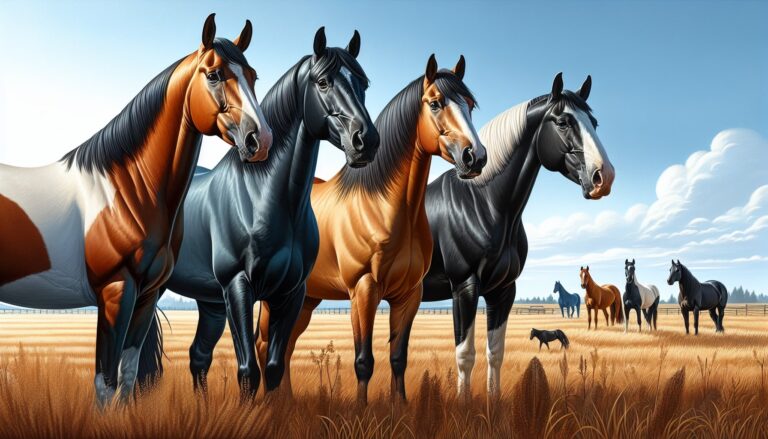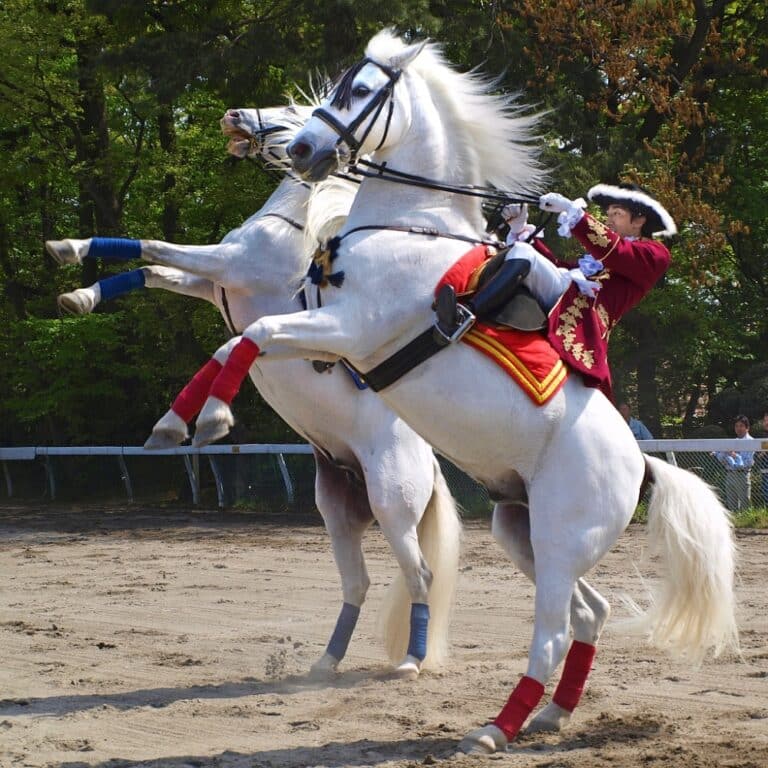Owning a horse is a significant responsibility, marking the beginning of a unique journey filled with challenges and joys. One of the initial and most thrilling steps in this journey is naming your equine friend. The name you select is not merely a label but a reflection of its character, heritage, and perhaps even your aspirations for it. It weaves into the fabric of your horse’s identity, influencing how you connect and the bond you share. Hence, dedicating ample time and thought to this process is crucial, ensuring the name holds meaning, resonance, and a sense of belonging both for you and your horse.
In crafting a name, consider the nuances of your horse’s personality, its physical attributes, and any distinctive markings. Names can draw inspiration from a myriad of sources, including mythology, nature, or even familial ties, offering a glimpse into the essence of your horse’s being or the story you wish to tell. This article aims to guide you through this creative endeavor, presenting a comprehensive list of female horse names. Each name is accompanied by its origins, meanings, and the stories behind them, offering a rich tapestry of options to suit every type of mare. From the classic to the contemporary, the whimsical to the profound, our curated selection endeavors to cater to the diverse tastes and preferences of horse enthusiasts. So, let’s embark on this naming adventure, exploring the depth and breadth of options at our disposal, and find that perfect name that echoes in the wind when you call out to your companion in the field.
- A Quick Word About Female Horse Names
- Various Things That Can Influence Horse Names
- Breed Characteristics
- Color or Markings
- Personality Traits
- Lineage
- Cultural or Geographical Influences
- Memorable Achievements or Qualities
- Owner’s Personal Interests
- Intended Use
- Size
- Naming Traditions or Superstitions
- Gemstones or Inspirational Words
- Unique Physical Features
- Temperament
- Notable Ancestors
- Seasonal or Birth Related Elements
- Literary or Cinematic Inspirations
- Aspirations or Wishes for the Horse’s Future
- Originality and Uniqueness
- Sound and Ease of Calling
- Compatibility with Show or Race Regulations
- Classic Popular Names for Female Horses
- Unique Female Horse Names Inspired by Nature
- Female Horse Names Inspired by Fictional Horses
- Female Horse Names Inspired by Mythology
- Female Horse Names Based on Horse Breeds and Colors
- Female Horse Names For a Race Horse
- Tips for Naming Your Female Horses
A Quick Word About Female Horse Names
Female horses are majestic creatures with unique personalities and qualities. Their names should reflect these attributes. From cute and whimsical to elegant and sophisticated, the perfect name for your horse is out there. Whether you’re looking for girl horse names or cute horse names female, our comprehensive list will surely provide you with plenty of inspiration.
Remember, a horse’s name can say a lot about their temperament or your feelings towards them. So, consider your horse’s traits, your personal interests, and even the horse’s lineage when choosing a name. Now, let’s explore some fantastic female horse names.
Various Things That Can Influence Horse Names
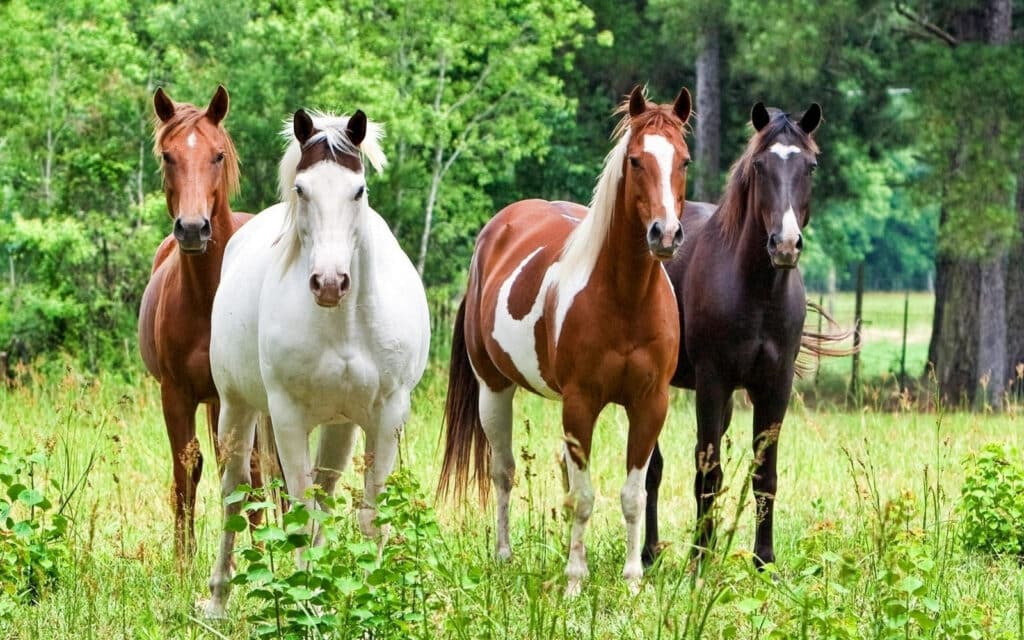
Breed Characteristics
Breed characteristics influence horse names because they encapsulate the essence, heritage, and distinct qualities of the horse. Names that resonate with a horse’s type can pay homage to its origins, reflect typical stock traits such as temperament, appearance, or abilities, and celebrate its cultural or historical significance. This approach not only honors the breed’s legacy but also connects the horse’s identity to its specific attributes, creating a meaningful link between name and heritage.
Color or Markings
The color or markings often influence its name because these physical characteristics are among the most visible and distinctive traits. A horse’s coat color or unique patterns can inspire names that reflect these attributes directly, such as “Shadow” for a dark horse or “Blaze” for a horse with a blaze marking. Naming a mare based on its color or markings not only highlights its physical beauty but also makes it easier for others to remember and recognize the horse. This practice underscores the natural connection between a horse’s appearance and its identity, creating a name that is both descriptive and meaningful.
Personality Traits
Personality traits significantly influence naming a mare because they encapsulate the horse’s behavior, quirks, and temperament. Horse names based on personality can reflect the horse’s individual character, making the name more meaningful and personalized. For instance, a spirited and energetic mare might be named “Blaze” or “Spirit” to capture her fiery nature. Conversely, a calm and gentle horse could be given a name like “Serene” or “Breeze,” highlighting her peaceful demeanor. This approach ensures the horse’s name resonates with its character, fostering a deeper connection between the horse and its handlers or owners.
Lineage
Lineage influences naming a horse because it reflects the animal’s heritage and pedigree, which are crucial in many equestrian circles, especially in racing and breeding. Names often incorporate elements from both sire and dam to honor the horse’s ancestry, signify continuity of bloodlines, and maintain recognition of the horse’s genetic background. This practice helps in tracing the lineage and assessing potential qualities or abilities inherited from ancestors. Moreover, a name that nods to its lineage can enhance a horse’s prestige and value in competitive and breeding contexts, linking it to distinguished or successful forebears.
Cultural or Geographical Influences
Cultural or geographical influences play a significant role in naming horses because they reflect the horse’s origin, the owner’s heritage, or the significance of a place or culture. Names derived from these influences can honor traditions, celebrate heritage, or acknowledge the horse’s breeding history. For example, a horse from a specific region might be named after that area or its notable landmarks, embodying the spirit of its homeland. Similarly, a name inspired by cultural mythology can convey a sense of mystique or valor, connecting the horse to the stories and values of that culture, enriching its identity with deeper meaning and context.
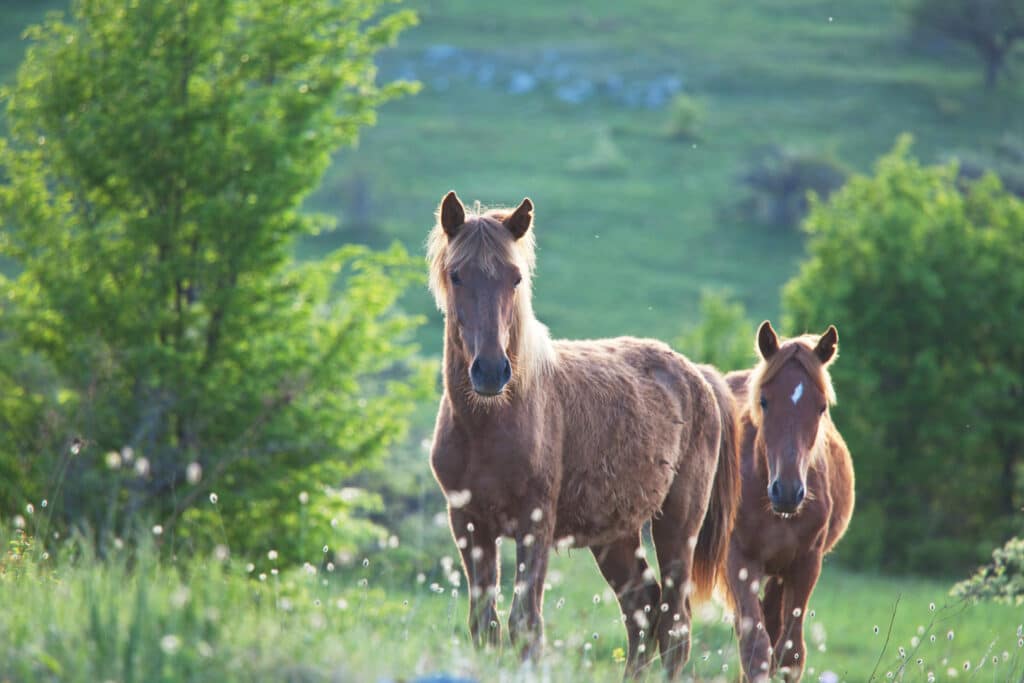
Memorable Achievements or Qualities
Memorable achievements or qualities significantly influence naming a horse as they celebrate the animal’s accomplishments or distinctive characteristics. A name derived from a horse’s achievements, such as winning a prestigious race or displaying exceptional skills, can honor its legacy and inspire future generations. Similarly, names highlighting unique qualities, whether physical prowess, character, or an unusual trait, help in capturing the essence of the horse. This approach not only commemorates the horse’s individual story but also strengthens its identity and connection with fans, owners, and breeders, making the name a symbol of its history and capabilities.
Owner’s Personal Interests
An owner’s personal interests significantly influence the naming of a horse as they often draw from hobbies, passions, or meaningful aspects of their life to create a name. This personal connection can make the name more special and meaningful, reflecting the bond between the owner and the horse. Names inspired by an owner’s interests, whether it be literature, music, history, or a specific field of study, can imbue the horse’s identity with a sense of individuality and character. Additionally, this approach to naming can offer a unique story or background for the horse, enhancing its persona and the relationship it shares with its owner.
Intended Use
The intended use of a horse significantly influences its naming because it aligns the name with the horse’s role, capabilities, or aspirations. For example, racehorses often receive names that evoke speed, agility, or competitive spirit, aiming to encapsulate their racing prowess and potential for victory. Show horses or dressage competitors might be given more elegant or sophisticated names that reflect the grace and precision required in their disciplines. Naming a horse with its purpose in mind not only creates a sense of identity but also sets expectations for its performance and character, embodying the essence of its training and intended achievements.
Size
The size of a horse can influence its name as it often reflects the physical presence or perceived character of the animal. Larger horses may be given names that evoke strength, power, or grandeur, suggesting their imposing stature and physical capabilities. Conversely, smaller horses might receive names that are more delicate, playful, or endearing, highlighting their compact size and possibly more approachable nature. Naming a horse with consideration to its size helps create a fitting and memorable identity, allowing the name to serve as a reflection of the horse’s physical attributes and the impression it leaves on people.
Naming Traditions or Superstitions
Naming traditions or superstitions influence horse naming because they reflect beliefs about luck, protection, and destiny. Certain names or naming patterns are thought to bring good fortune to the horse in races and health. For example, some might avoid names considered unlucky based on past horses or cultural superstitions, while others may choose names that have historically been associated with winners or positive outcomes. These traditions can vary widely across cultures and individual preferences, underscoring the importance of a name’s perceived power to positively affect a horse’s performance and well-being.
Gemstones or Inspirational Words
Gemstones or precious materials inspire horse names due to their rarity, beauty, and value, mirroring the qualities owners see in their horses. These names can reflect a horse’s elegance, uniqueness, or even its hoped-for success and prowess. Naming a horse after a gemstone or precious material often implies that the animal is as treasured and esteemed as the material itself, evoking a sense of pride and distinction.
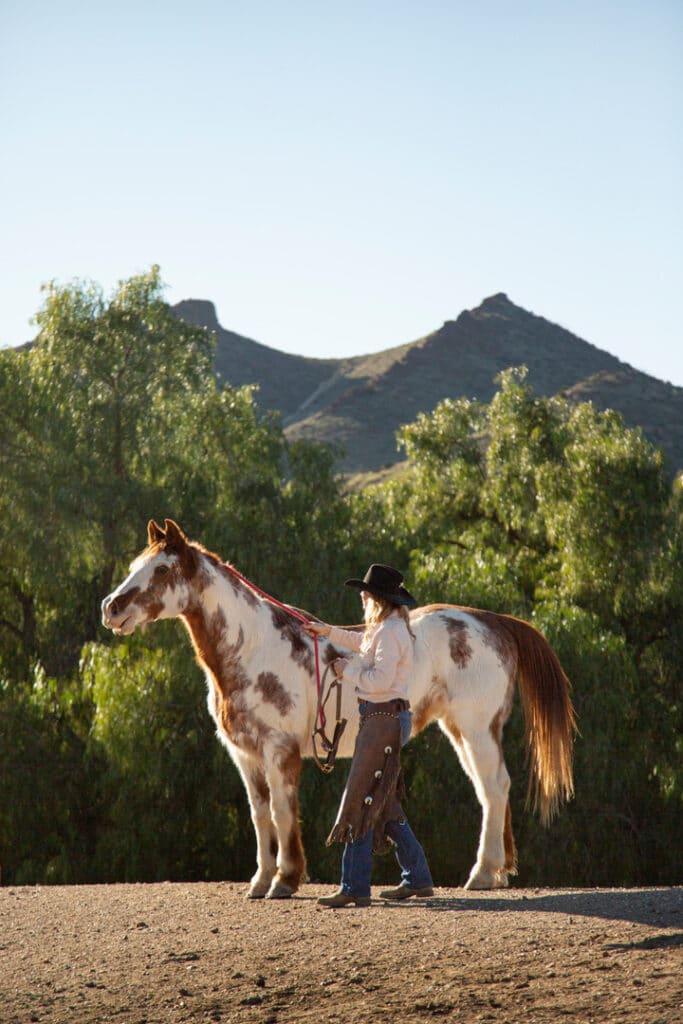
Unique Physical Features
Unique physical features influence naming a horse because they can highlight distinctive traits or markings that set the horse apart. A horse with a notable color pattern, unusual markings, or striking features might receive a name that references these attributes, making the name both descriptive and memorable. This practice helps in easily identifying the horse among others and can also celebrate its unique beauty or characteristics. Names derived from unique features not only provide a visual or thematic connection to the horse but also add to its individual story and persona.
Temperament
A horse’s temperament influences its naming because it reflects the horse’s identity and behavioral characteristics. Names can be chosen to embody a horse’s calm, fiery, spirited, or gentle nature, thereby providing insight into its demeanor. This personalization helps in establishing a deeper connection between the horse and its handlers, riders, or audience. Moreover, a name that matches a horse’s temperament can enhance its identity, making it more memorable and meaningful to those who interact with it.
Notable Ancestors
Notable ancestors influence the naming of a horse as it connects the animal to its heritage and acknowledges its lineage’s achievements. Names derived from ancestors can enhance a horse’s prestige, potentially increasing its value and appeal in competitive and breeding circles. Incorporating elements from the names of successful or well-known ancestors can also carry forward a legacy, creating a sense of continuity and tradition. This practice is especially common in racing and breeding industries, where lineage and pedigree are highly valued for predicting performance and breeding potential.
Seasonal or Birth Related Elements
Seasonal or birth-related elements influence naming a horse as they can commemorate the time of year or specific circumstances surrounding the horse’s birth. Names derived from seasons or months may reflect the characteristics associated with that time, such as “Autumn” for a horse born in the fall, symbolizing richness and change. Similarly, names like “Storm” for a horse born during a storm can capture the dramatic conditions of their arrival. This approach to naming creates a personal connection to the horse’s origin story, making their name a meaningful part of their identity and history.
Literary or Cinematic Inspirations
Literary or cinematic inspirations influence naming a horse because they tap into the rich cultural, emotional, and narrative associations of characters or themes from books, movies, or plays. Names derived from such sources often carry connotations of identity traits, physical characteristics, or storied backgrounds that owners wish to emulate or honor in their horses. This connection can create a deeper bond between the horse and its handlers or audience, invoking a sense of familiarity or admiration. Additionally, these names can reflect the owner’s personal interests, making the naming process more meaningful and the horse’s name more memorable and distinctive.
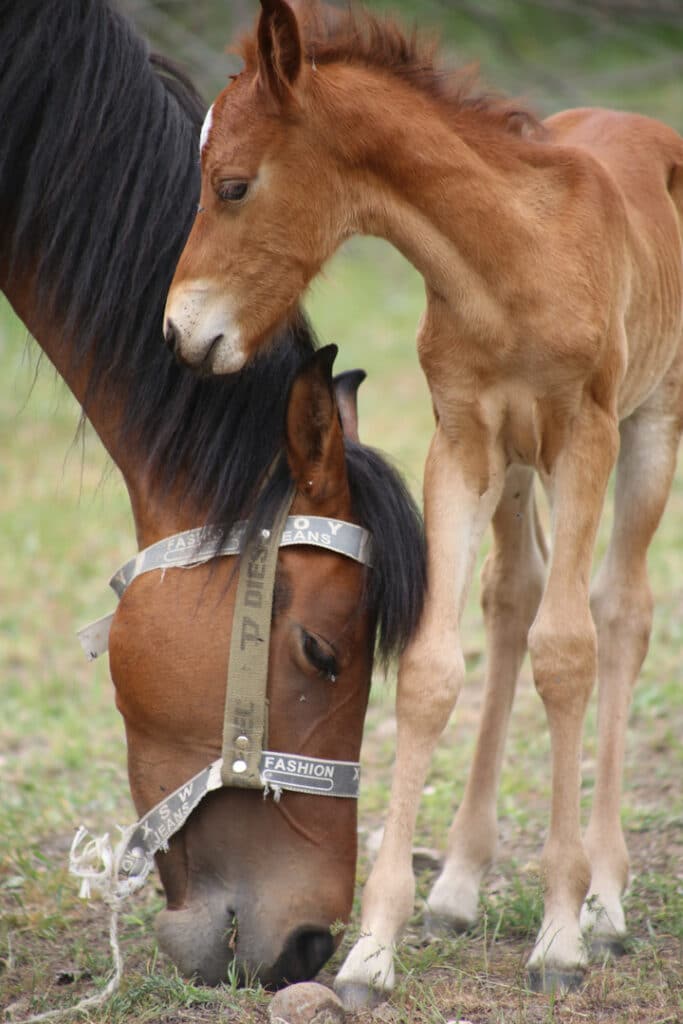
Aspirations or Wishes for the Horse’s Future
Aspirations or wishes for a horse’s future significantly influence its naming because owners often choose names that embody their hopes and dreams for the animal. Names can reflect a wide range of aspirations, from competitive success in racing or show jumping to embodying traits like strength, resilience, or beauty. By selecting a name with a meaningful connection to desired achievements or characteristics, owners imbue their horses with a sense of purpose or destiny. This practice not only strengthens the bond between the horse and its owner but also sets an intention for the horse’s path in life, whether it be as a champion on the track, a valued companion, or a symbol of grace and elegance.
Originality and Uniqueness
Originality and uniqueness in naming a horse are important because they ensure the horse stands out, especially in competitive or breeding circles. A unique name helps in easily identifying and remembering the horse, which is crucial for registration, pedigree tracking, and public recognition. Original names can reflect the horse’s individuality, capturing its distinct characteristics or heritage. This uniqueness is also valuable for branding purposes, whether for a stable, breeding program, or in competitive events, making the horse’s name a significant part of its identity and legacy.
Sound and Ease of Calling
Compatibility with sound and ease of calling is crucial in naming a horse because names that are easy to pronounce and remember ensure clear communication, especially in training and competition settings. A name with a strong, clear sound can catch a horse’s attention more effectively, aiding in quicker responses to commands. Additionally, names that are easily called out in a crowd or during intense moments can be practical for riders, trainers, and announcers. This practical aspect ensures the horse’s name facilitates a smooth interaction between the horse, its handlers, and spectators, enhancing the bonding and the performance experience.
Compatibility with Show or Race Regulations
Compatibility with show or race regulations is crucial when naming a horse because these events often have specific naming rules to maintain professionalism, avoid confusion, and ensure decency. Regulations may prohibit certain names, including those already in use, names that are too long, or those considered offensive or misleading. This ensures clarity and fairness in competitions, making it easier for announcers, judges, and fans to identify and follow the horses. Compliance with these rules is essential for registration and participation in events, influencing how owners choose names that are both unique and acceptable within the equestrian community.
Classic Popular Names for Female Horses
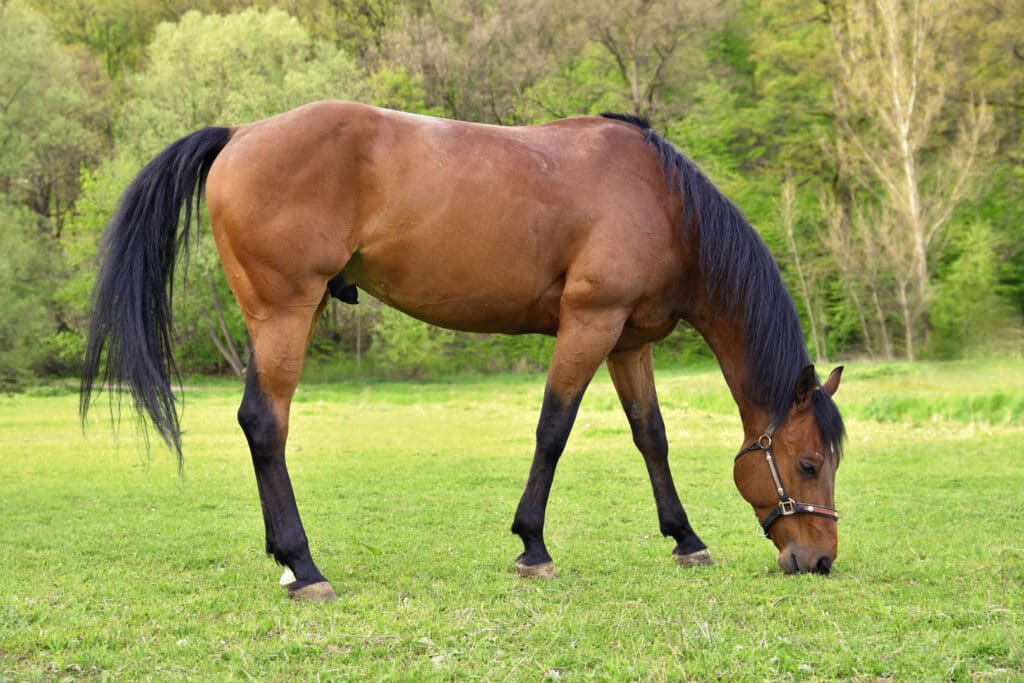
When it comes to good female horse names, you can never go wrong with the classics. These names have stood the test of time and continue to be popular choices among female horse owners. Let’s take a look at some timeless female horse names:
Bella: Derived from the Italian word for ‘beautiful’, it’s a perfect name for a gorgeous mare.
Lady: A classic, elegant name for a refined and gracious female horse.
Daisy: A sweet, cheerful name that’s perfect for a friendly and outgoing female horse.
Honey: Ideal for a female horse with a sweet disposition or a golden coat.
Angel: A heavenly name for a female horse with a gentle and kind temperament.
Unique Female Horse Names Inspired by Nature

Nature-inspired names are a fantastic choice for horses. They can reflect the horse’s identity, coat color, or the environment they love. Here are some unique, nature-inspired girl horse names:
Willow: This name, inspired by the graceful willow tree, is perfect for a female horse with a gentle and calm demeanor.
Sierra: Spanish for ‘mountain range’, it’s a great choice for a strong, sturdy female horse.
River: A flowing, serene name for a female horse with a peaceful and easygoing identity.
Meadow: A beautiful name for a female horse that loves to roam in open fields.
Breeze: An excellent name for a swift and agile female horse that moves as smoothly as a gentle breeze.
Female Horse Names Inspired by Fictional Horses
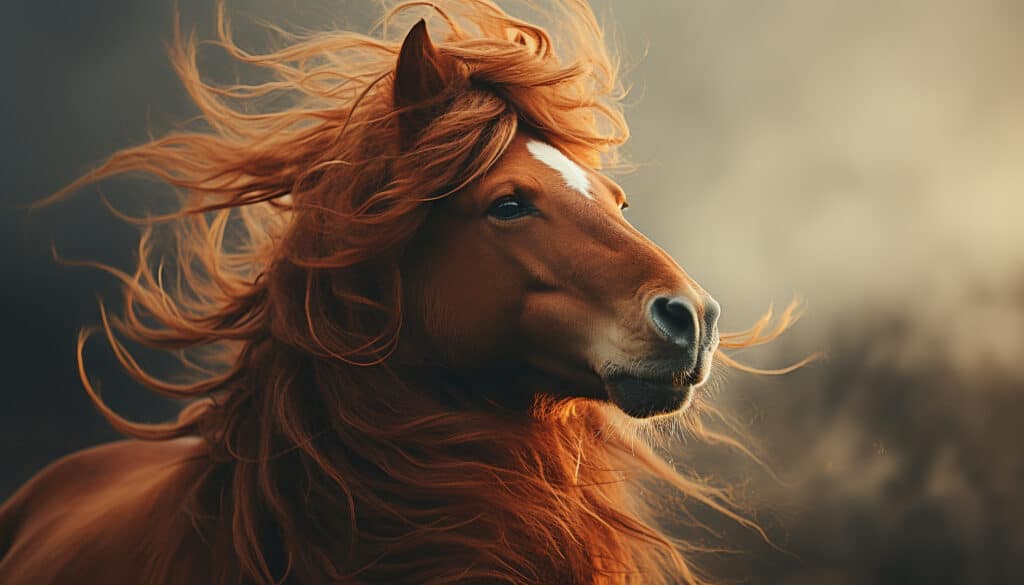
Many horse names female are inspired by popular culture, particularly fictional horses from books, movies, and TV shows. These names not only sound great but come with interesting backstories:
Black Beauty: Inspired by Anna Sewell’s novel, it’s a fitting name for a beautiful, black female horse.
Flicka: From the book and movie of the same name, ‘Flicka’ is Swedish for ‘little girl’.
Misty: Named after the pony in Marguerite Henry’s book ‘Misty of Chincoteague’.
Silver: The name of the Lone Ranger’s trusty steed in the popular TV series.
Spirit: From the animated film ‘Spirit: Stallion of the Cimarron’, it’s a great name for a courageous and independent horse.
Female Horse Names Inspired by Mythology
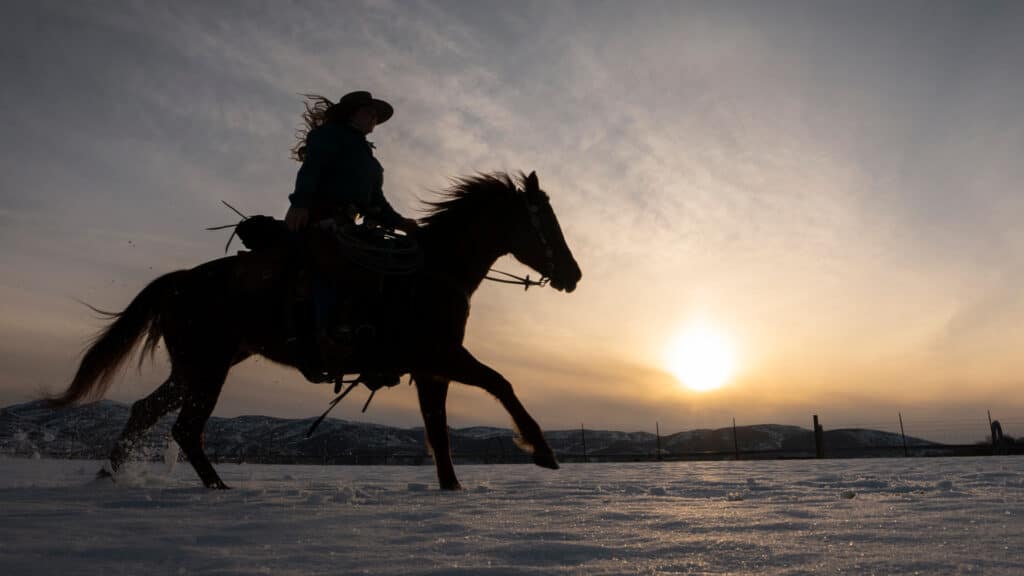
Mythological names often carry profound meanings and lend a touch of mystique and power to your horse. Here are some captivating unique names for horses female inspired by mythology:
Artemis: In Greek mythology, Artemis is the goddess of the hunt, wilderness, and animals.
Athena: Named after the Greek goddess of wisdom and warfare, it’s a powerful name for a wise and strong horse.
Freya: In Norse mythology, Freya is the goddess of love, beauty, and fertility.
Rhea: A Greek Titaness, Rhea is the mother of the gods and goddesses in Greek mythology.
Venus: Named after the Roman goddess of love and beauty, it’s a lovely name for a female beautiful horse.
Female Horse Names Based on Horse Breeds and Colors
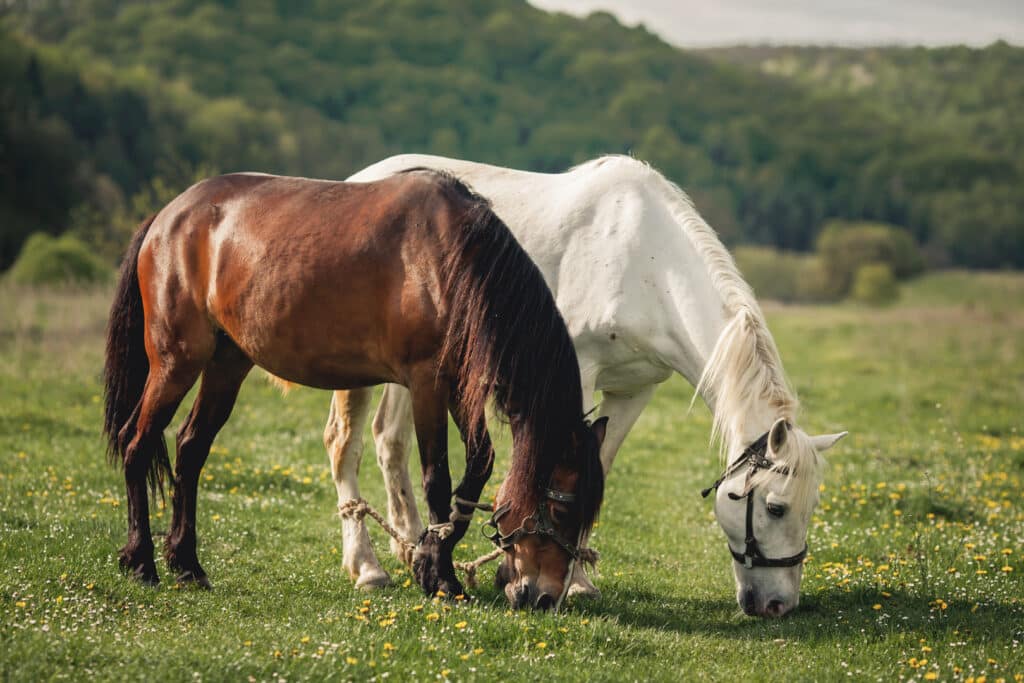
Horse type and color can also provide great inspiration when choosing a name. For instance, if you have a Shire horse, names like ‘Giant’, ‘Majestic’, or ‘Titan’ might be fitting. Similarly, color-inspired names can work wonderfully:
Ebony: An elegant name for a dark-colored or black horse.
Snowflake: A pretty name for a white horse, evoking images of purity and grace.
Chestnut: A classic name for a horse with a reddish-brown coat.
Midnight: A mysterious and alluring name for a black horse.
Goldie: A charming name for a horse with a golden or palomino coat.
Female Horse Names For a Race Horse
Creating unique names for a race horse, especially a female one, involves blending elegance, strength, and a touch of whimsy. Here are six dashing names for female racehorses:
Sable – Represents a majestic black color, often associated with beauty and elegance.
Mystique – Evokes mystery and an enigmatic quality, suggesting a horse with an intriguing persona.
Glimmer – Implies a spark or faint light, symbolizing hope or a standout moment of brilliance.
Seraph – Refers to an angelic being, indicating a horse with a graceful and divine presence.
Whisper – Suggests subtlety and quiet strength, perfect for a horse with a gentle yet powerful spirit.
Vortex– Represents a powerful force, signifying a female horse with an unstoppable and dynamic energy.
These names blend various thematic elements, aiming to capture the essence and spirit of a competitive racehorse.
Tips for Naming Your Female Horses
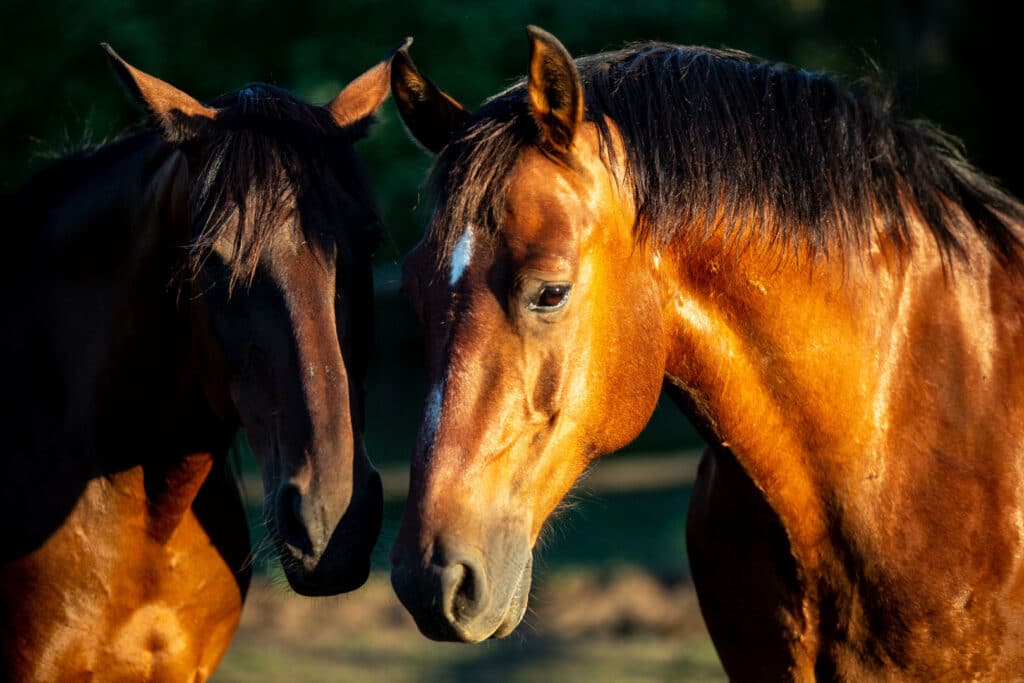
Finding the perfect filly names can be a fun yet challenging task. Here are a few tips to make the process easier:
Consider Your Horse’s Identity
Your horse’s character can provide significant inspiration when choosing a name. A playful horse might suit a fun, whimsical name, while a calm, gentle horse might suit a more serene, elegant name.
Think About Pronunciation and Length
Opt for a name that is easy to pronounce and not too long, ensuring it’s practical for daily use. Your filly is less likely to be confused if you’re not confused!
Consider the Future
Pick a name that will suit your horse as it matures and one that you’ll continue to like over time.
Think About Your Interests
Your personal interests can also influence your choice of name. If you’re a history buff, consider historical or mythological names. If you love nature, consider names inspired by flowers, trees, or natural landscapes.
Take Your Time
Don’t rush the naming process. Spend some time getting to know your horse, and the perfect name may naturally reveal itself.
Keep It Simple
Simplicity is key. Opt for a name that’s straightforward to pronounce and easy to recall. This not only aids in avoiding confusion but also ensures that your horse’s name is effortlessly remembered and accurately pronounced by everyone. A simple name can significantly enhance communication between you, your horse, and others who may interact with your equine companion. It helps in creating a smooth and enjoyable experience for all involved, fostering a positive environment for your horse.
Final Remarks
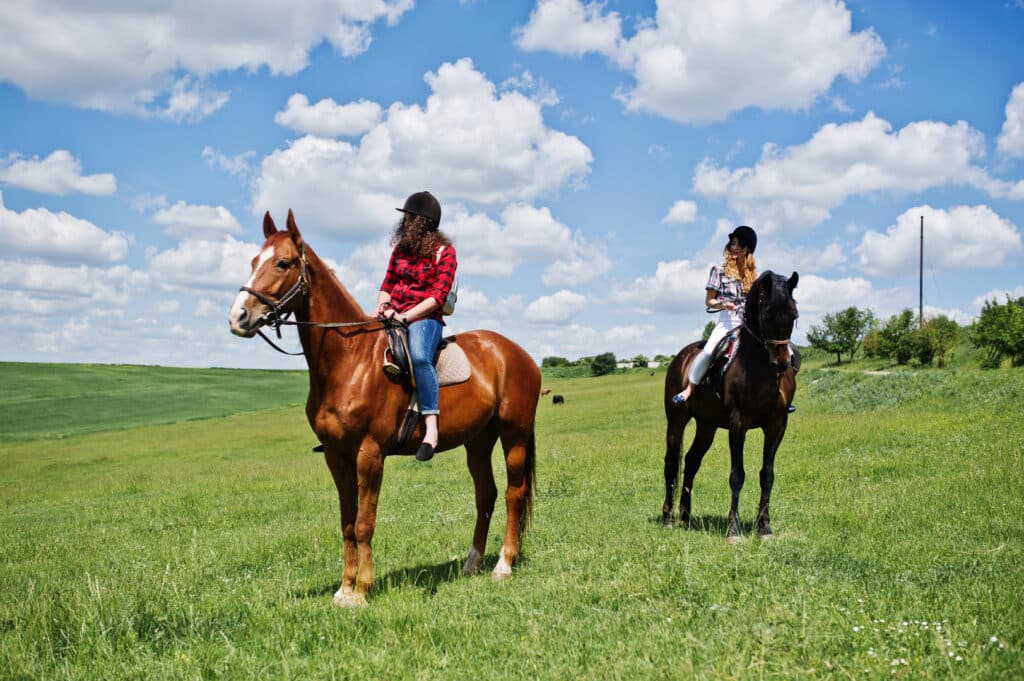
Naming your horse is a personal journey that reflects your bond with your equine companion. Whether you choose a name based on your horse’s character, appearance, or your personal interests, the key is to select a name that feels right to you. Trust your instincts, be creative, and most importantly, have fun with it!

